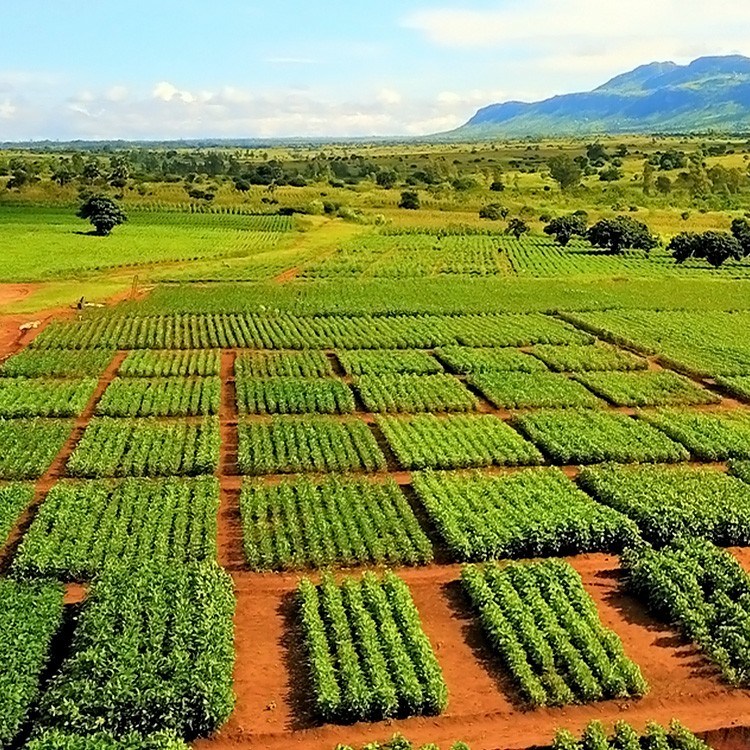Published:
Brazil is now a significant producer of corn, soybeans, cattle, cotton, and other agricultural products worldwide. But this growing agricultural industry is not without opposition, especially when it comes to its part in using the Amazon rainforest.
More than ten years ago, Brazil overtook the United States as the world’s top exporter of soy and beef. This year, it is expected to exceed the US in corn exports and aim to capture the top spot in cotton.
Brazil’s Ministry of Agriculture stated the country is expected to produce a record 1.15 trillion reais, or $230 billion, this year. Brazil, ranked fifth in the world by land area, is the world’s top producer and exporter of soy, coffee, and sugar. It also ranks second in the world’s cotton production, behind the United States, and is a significant provider of meat and poultry. About 25% of Brazil’s GDP comprises agricultural businesses, which accounted for half of the country’s export revenue in the first half of the year.
Brazil’s rise to popularity as a significant agricultural power originated in Portuguese colonization. The nation saw economic booms that lasted for more than a century, beginning with sugarcane and continuing with cotton, rubber, and coffee. The Green Revolution, which the Brazilian military rule ushered in during the 1960s and 1970s and made possible the spread of agriculture into the Amazon and the Cerrado savanna, marked a turning point in history. Encouraged by China’s increasing demand, Brazil became the world’s leading producer of soy, an essential ingredient in animal feed.
Research on genetic modifications, soil acidity correction methods, fertilizer use, and pesticide creation are all responsible for Brazil’s agricultural success. Because of these developments, the nation can now produce more soy, corn, and cotton in tropical areas. Furthermore, two to three harvests yearly have been made possible by Brazil’s climate, zero-till planting practices, and the use of genetically modified crops, which currently account for 80%-90% of the country’s soy, corn, and cotton output. The production of these essential crops has increased in the last 20 years.
This surge in agriculture hasn’t been without controversy. President Luiz Inacio Lula da Silva has pledged to solve the issue of deforestation in the Amazon caused by these activities. Brazil’s reputation has been damaged by debates about high deforestation rates, pesticide use, and the adoption of genetically modified organisms. This is especially true in the European Union, which has postponed ratifying a free-trade agreement with the Mercosur bloc of South America because of environmental concerns.
Global customers are requesting more and more products that aren’t connected to deforestation. When creating traceable supply chains, which are now essential for export value, meat industries are incredibly diligent. Grain producers emphasize that they have recently implemented sustainable farming methods to protect the Cerrado.
Environmentalists argue that these actions fall short of what is necessary. They support adopting farming techniques that protect biodiversity and a zero-deforestation approach. The beginning of climate change, which already impacts agricultural yields, emphasizes how urgent this issue is.
Brazil’s agriculture industry is facing significant growth and environmental challenges now. Finding a balance between where the farming occurs and the impact it has on others and the earth will be important in the upcoming years. The demand for ethical and sustainable agricultural methods is rising as the world impacts agricultural productivity.
File under






